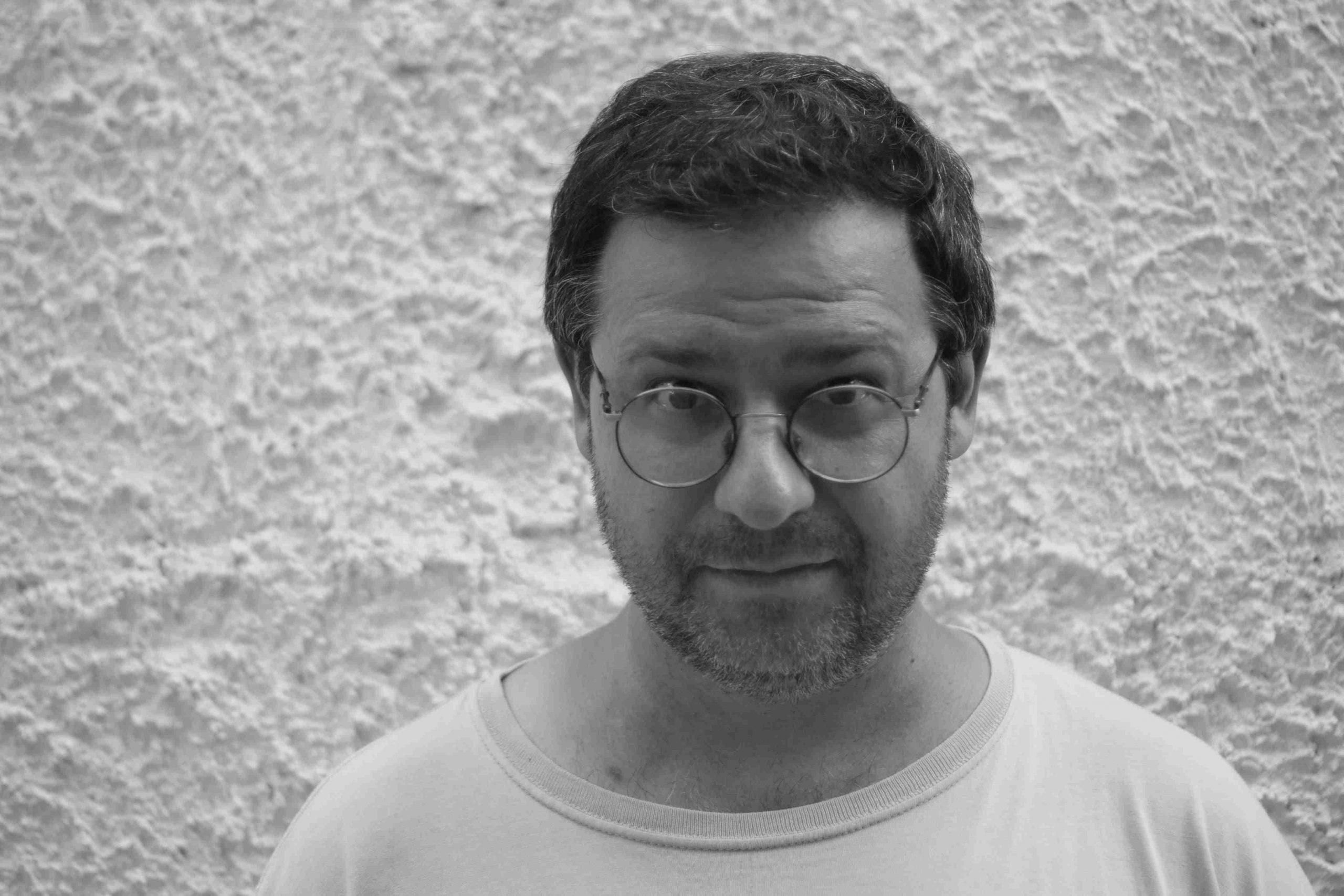Russia, Music, 2013
Boris
Filanovsky

“I believe that in light of hopeless suffering, all words about the elevating effect of art are hypocritical. Only a documentary approach can be honest, but without Formalism, this too is unthinkable.”
These comments by Boris Filanovsky (born 1968), on the occasion of the German premiere of his musically staggering 2006 composition bsdnm – hmlss – bdchls (obdachlos) for voice, string trio and accordion at MärzMusik 2009 (the world premiere took place in December 2007 as part of a benefit event in St. Petersburg), might be considered the core tenets of his compositional aesthetic – if it indeed can be narrowed down to a core. For from the standpoint of compositional techniques, his oeuvre is distinguished by a multifaceted use of the rich repertoire of the twentieth-century avant-garde: serial technique and open forms, methods of instrumental musique concrète, experimental vocal and breath techniques, indeterminacy, work with micro-intervals and with machines as orchestras (e.g. Voicity for construction machines, armored vehicles, jeeps, sirens, one soprano and four horns, composed 2011 for the TRANSART Festival in Bolzano). Filanovsky’s compositional aesthetic typically ignores a work idea and relinquishes control of the ultimate sonic outcome of the composition, since sound generation processes and the performance situation are at the center of the act of composing. This has consequences for the musical content, because it highlights themes of error, futility and failure (e.g. in We Can’t Perform It, 2006, for flute, clarinet, violin, cello, piano). Equally typical are ambiguity and irony, and contextualization through a new interpretation of musical conventions, such as in the Seemphony (2010).
One of Filanovsky’s central creative principles is “to be someone different in each work”. Yet in every composition, he is unmistakably himself: evincing a sonic realism that critically reflects on social, human or musical issues and that relies on methods of deconstruction and negation as starting points for sonic innovation. This compositional aesthetic corresponds with his conviction that the most important impetus for creativity lies in recognizing and overcoming limits. In this spirit, under problematical post-Soviet conditions, Filanovsky has also been culturally engaged: as the artistic director of the eNsemble (at Pro Arte Institute, St. Petersburg) since 2000, he has played a significant role in the St. Petersburg new music scene (since 2003 with the Pythian Games festival, famous throughout Russia). As a co-initiator and member of the Structural Resistance Group, an alliance of influential young Russian composers founded in 2005, he has dedicated himself to overcoming a prevailing eschatological conservatism in Russia and to promoting individual self-determination for future generations of artists.
Text: Gisela Nauck

